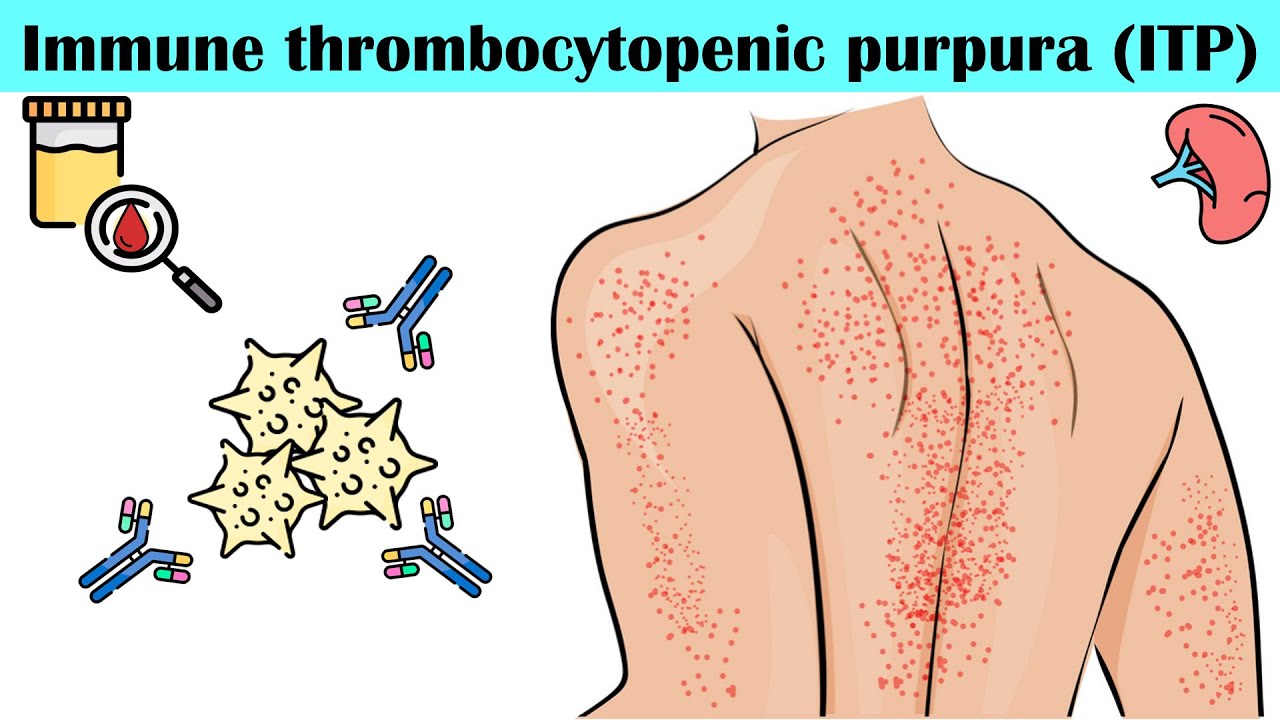The Allergy / Immunology Channel
November 12, 2011 • Allergy / Immunology, Internal Medicine, Reuters Health • The Doctor's Channel Newscast, Rheumatology
NEW YORK (Reuters Health) – Contrary to persistent concerns, the use of tumor necrosis factor (TNF)-alpha antagonists, as a group, to treat autoimmune diseases is not associated with an increased risk of hospitalization for infection in the year after starting treatment, according to a report in the Journal of the American Medical Association online November 6.
“Nevertheless, among patients with RA, initiation of infliximab-based regimens was significantly associated with an increased risk of serious infections compared with other TNF-alpha antagonist regimens and nonbiologic comparator medications,” the authors report.
Dr. Carlos G. Grijalva, at Vanderbilt University School of Medicine in Nashville, Tennessee, and colleagues note that randomized trials have yielded incomplete evidence on the safety of TNF-alpha antagonists. To investigate further, they analyzed data from 4 large US automated databases to compare rates of infection requiring hospitalization after initiating TNF inhibitors or non-biologic regimens in 10,484 matched pairs of patients with rheumatoid arthritis, 2323 pairs with inflammatory bowel disease, 3215 with psoriasis or spondyloarthropathies.
The researchers identified 1172 cases of serious infection requiring hospitalization during the first 12 months after starting treatment. They found that the rates of serious infection were not significantly different in any of the patient groups between those treated with TNF inhibitors or nonbiologics.
Specifically, the infection rates per 100 person-years in the two treatment arms were 8.16 vs 7.78 (adjusted hazard ratio 1.05) in the rheumatoid arthritis cohort, 10.91 vs 9.60 (aHR 1.10) among patients with IBD, and 5.41 vs 5.37 (aHR 1.05) among the psoriasis/spondylitis group, the report shows.
Further analysis showed that the risk of serious infection in RA patients was significantly higher with infliximab than with etanercept (aHR 1.26) or adalimumab (aHR 1.23), Dr. Grijalva and colleagues found
“Differences in pharmacological properties, mechanisms of action, and administration modes including use of a loading dose among TNF-alpha antagonists have been postulated to explain these observations, but a definitive explanation for this finding is lacking,” they comment.
That said, the authors conclude, “We observed that initiation of TNF-alpha antagonists (as a group) was not associated with a significant increase in the risk of serious infections requiring hospitalization compared with initiation of comparator nonbiologic medications. These findings were consistent across study diseases: RA, IBD, and psoriasis, psoriatic arthritis, or ankylosing spondylitis.”
Reference:
Initiation of Tumor Necrosis Factor-? Antagonists and the Risk of Hospitalization for Infection in Patients With Autoimmune Diseases
JAMA 2011;306.








